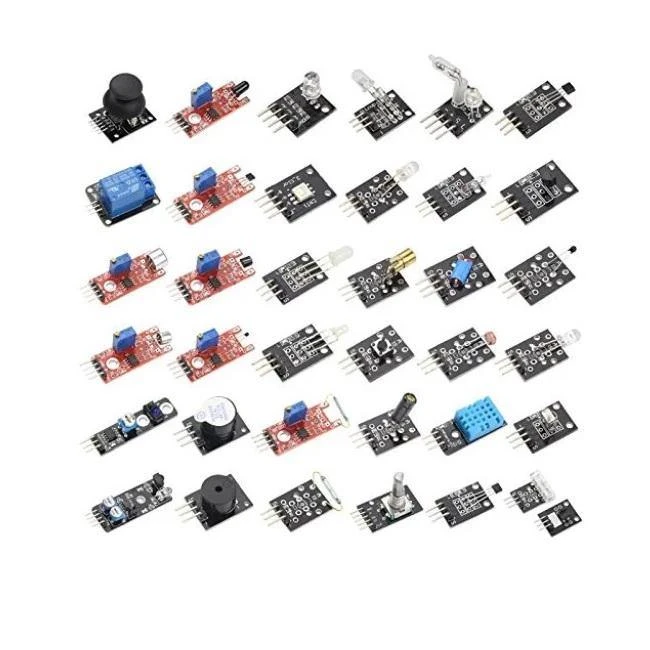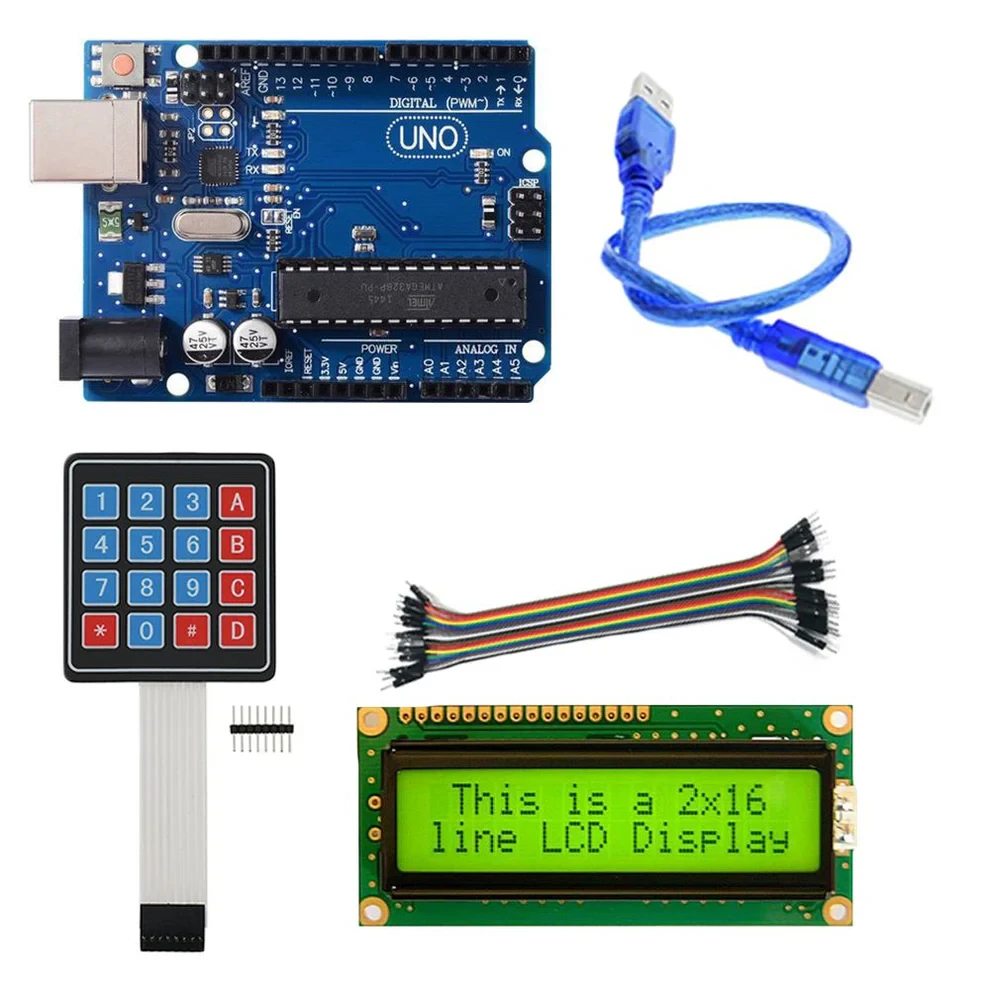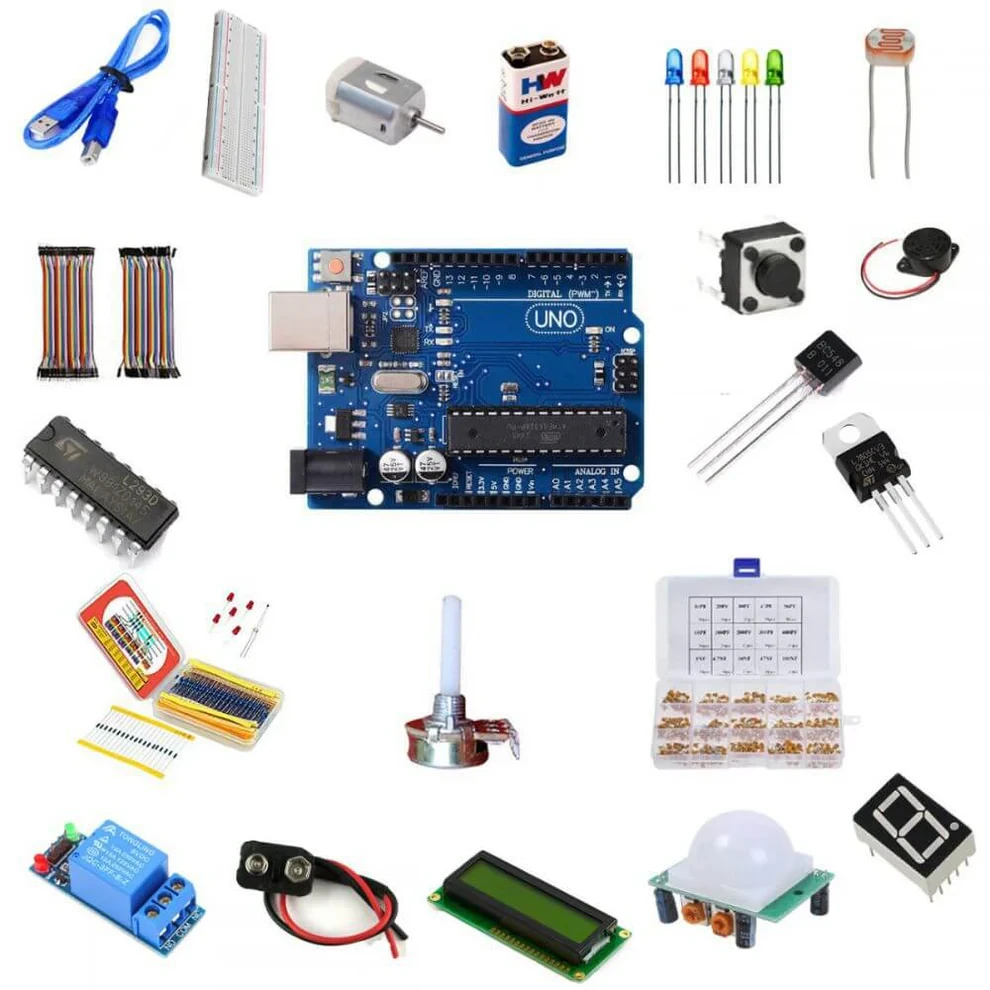
Smart Agriculture Farming Project
Working :
Smart agriculture, also known as precision agriculture, is the application of modern information and communication technologies (ICT) into agriculture. The goal is to increase crop yields, reduce environmental impact, and optimize the use of resources. By leveraging data from various sources, smart agriculture can help farmers make more informed decisions, improve efficiency, and enhance sustainability.
Smart agriculture, also known as precision farming, leverages advanced technologies to enhance the efficiency, productivity, and sustainability of agricultural practices. This project aims to integrate Internet of Things (IoT) devices, machine learning algorithms, and big data analytics into farming processes to address the challenges of traditional agriculture. At the core of smart agriculture is the deployment of IoT devices such as sensors, drones, and automated machinery. Soil sensors measure moisture, temperature, and nutrient levels, providing real-time data to farmers. Weather stations gather atmospheric data, predicting weather conditions and advising on optimal planting and harvesting times. Drones equipped with multispectral cameras survey large areas of farmland, monitoring crop health, detecting pest infestations, and assessing irrigation needs. This data is transmitted to a centralized platform where it is analyzed and visualized.
Machine learning algorithms play a crucial role in interpreting the vast amounts of data collected. These algorithms analyze historical and real-time data to provide actionable insights. For instance, predictive analytics can forecast crop yields based on current growth patterns and environmental conditions. Machine learning models can also detect early signs of disease or pest outbreaks, enabling prompt intervention and minimizing crop losses. Moreover, these models optimize resource allocation, such as determining the precise amount of water, fertilizers, and pesticides needed, reducing waste and environmental impact. Big data analytics further enhances decision-making by integrating diverse datasets, including market trends, supply chain logistics, and consumer preferences. By analyzing these datasets, farmers can make informed decisions about crop selection, pricing strategies, and distribution channels. This holistic approach ensures that farming practices are not only efficient but also economically viable. Automation is another key component of smart agriculture. Automated machinery, such as robotic harvesters and autonomous tractors, streamline labor-intensive tasks, increasing efficiency and reducing human error. These machines operate with precision, performing tasks such as planting, weeding, and harvesting with minimal supervision. Automation also addresses labor shortages in the agricultural sector, ensuring consistent productivity. Smart agriculture also emphasizes sustainability. Precision farming techniques minimize the use of chemical inputs and promote environmentally friendly practices. For example, drip irrigation systems deliver water directly to plant roots, conserving water and preventing runoff. Crop rotation and soil management practices enhance soil health and biodiversity.
In summary, the Smart Agriculture Farming Project integrates IoT devices, machine learning, big data analytics, and automation to revolutionize traditional farming. By providing real-time data, predictive insights, and efficient resource management, smart agriculture enhances productivity, reduces environmental impact, and ensures economic sustainability. This innovative approach addresses the challenges of modern agriculture, paving the way for a more resilient and sustainable future.
Call or WhatsApp us before purchasing: 9699926476
No review given yet!
On prepaid orders above INR 1000
COD available for orders above INR 1000
Shipped within 24 hours
Mon to Sat - 10 AM to 6 PM




